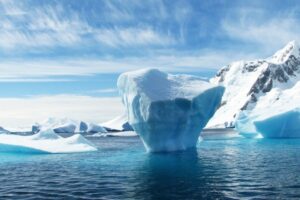
Does fishing contribute to microplastic pollution in the Arctic?
Ocean circulation, ice melt, tourism and fishing are all 'likely contributors' to Arctic microplastics, researchers say.
CSIRO determines that global warming above 2 degrees-C will decrease viable ocean habitats and will affect fishing grounds and productivity.

Ocean circulation, ice melt, tourism and fishing are all 'likely contributors' to Arctic microplastics, researchers say.
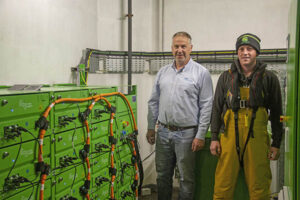
A second hybrid feed barge will reduce carbon footprint and noise at the Vestness site in Westray, Orkney.

New fish passage facilities along hydropower dams allow American eel and other fish to access previously blocked upstream habitats.
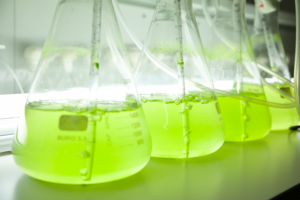
A focus on microalgae in marine aquaculture could help meet global nutritional needs and improve environmental sustainability and ocean health.
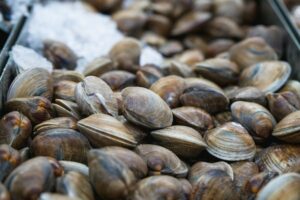
A study of almost 25 years of ocean acidification research concludes that experts in the field can have confidence in their research.
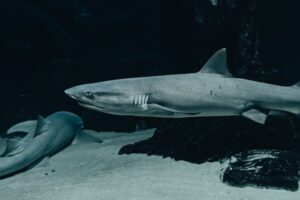
Researchers say sensors on fish can provide localized and timely data on environmental conditions impacted by climate change.

Researchers say native oyster reefs in the Great Bay Estuary cover about 80 acres thanks to restoration efforts over the past two decades.
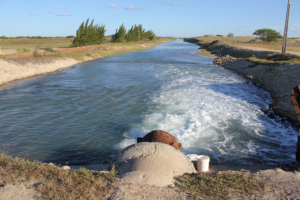
Greater knowledge of phosphorus processes is essential to reduce phosphorus pollution from open-flow fish farms and improve environmental performance.

Seaweed farming can deliver economic and environmental benefits but is "significantly cost-disadvantaged," concludes a new TNC report.
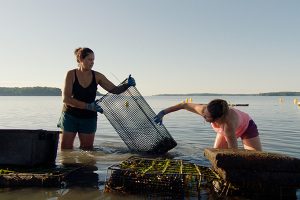
The Seafood and Gender Equality nonprofit has been awarded $350,000 to advance its mission of promoting gender equality in the seafood sector.
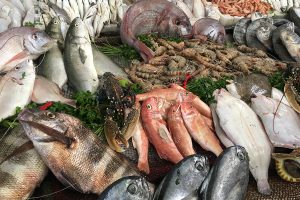
In 2020, global aquaculture production of 123 million tons involved 448 species but 90 percent of production was concentrated on 46 species.

The dialogues aim to identify the key barriers to gender equality in the sector and provide the tools and information needed for change.
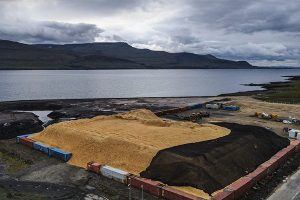
U.S. climate start-up Running Tide has delivered the first-ever carbon removal credits from an open ocean project, funded by Shopify.
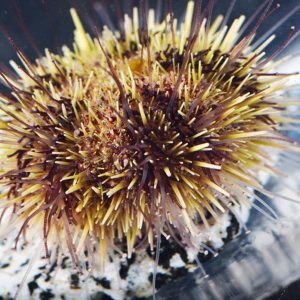
Biologists say sea urchins' adhesive abilities are hampered by differing levels of water salinity caused by climate change-associated events.

Climate change effects in marine-surface microbial ecosystems may be undetected because previous studies have taken other approaches.